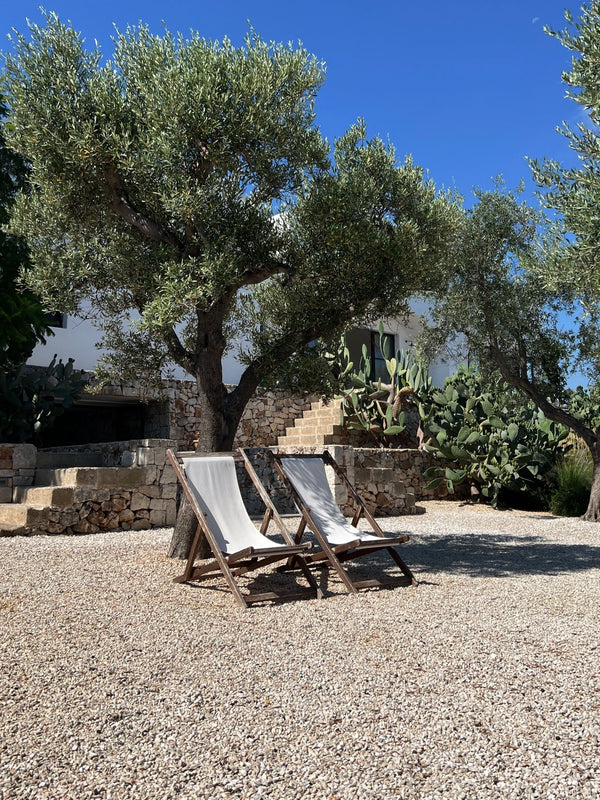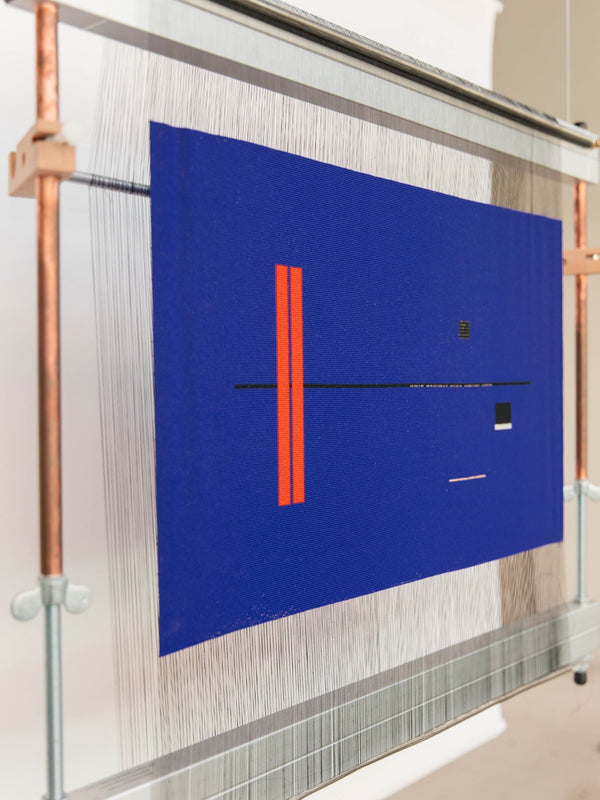In The Studio With Emily Gillis
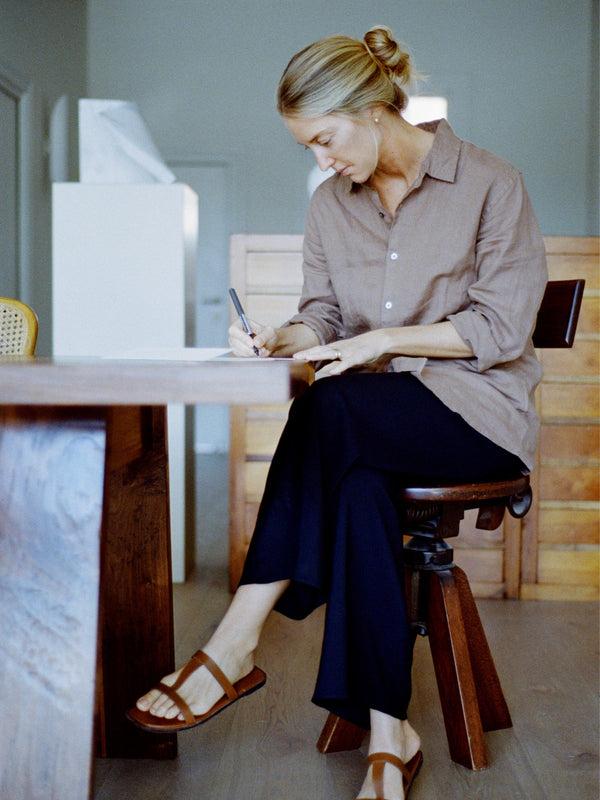
Scroll
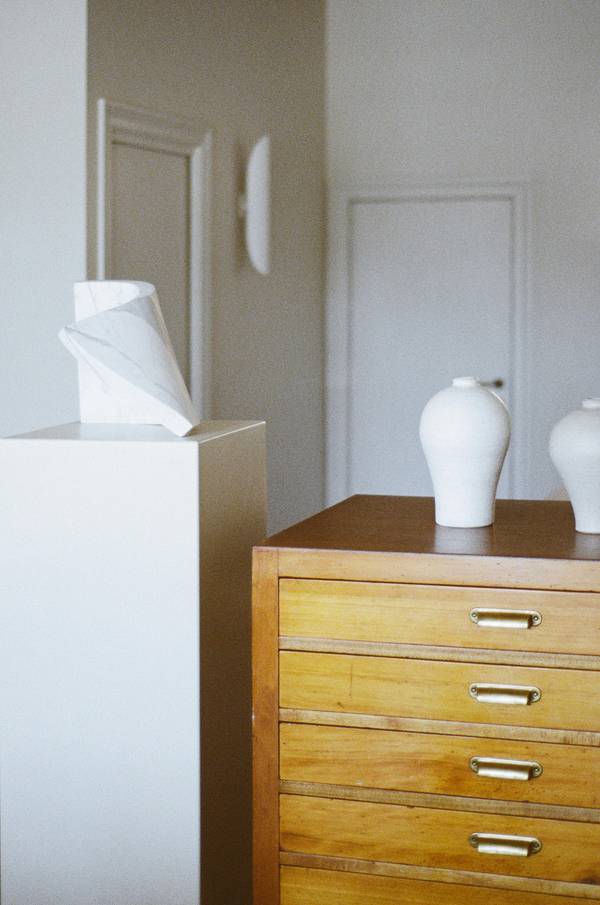
What led you to work in interior design?
After working in the interior design industry for a number of years under the guidance of mentors, I felt inspired to start my own studio. Prior to stepping into the interior design industry, I worked as a graphic designer and art director, which gave me great foundational experience with designing and delivering client-focused creative outcomes.
These skills continue to translate directly into my interior design work and the work our studio takes on. I pride myself on taking great care to consider every aspect of a project, from spatial design, custom joinery, materials palettes, and furniture styling and procurement.
How would you describe your personal aesthetic?
My ethos and therefore my personal aesthetic has always been inspired by a ‘less-is-more’ and ‘quality over quantity’ frame of mind. I truly believe that simplicity speaks volumes and well thought-out design seeks to effortlessly consider form, function, emotion and tactility.
And what has honed or influenced your aesthetic?
My mother’s German heritage instilled an appreciation for long-lasting quality pieces over cheaper trend-driven pieces. My father worked in the textile industry and planted the seed for my love affair with beautiful, elegant materials. My late stepfather was an architect with a modernist design aesthetic. Growing up in Lower Plenty [in Victoria] I spent lots of time in nature, which undoubtedly influenced the colour palettes and earthy materials I find myself drawn to.
As an interior designer, how are you able to give homes and workplaces longevity and support sustainably minded brands?
Longevity is one of the focal points of all of my design decisions. I think if you’re focused on how to make something last, then you’re already thinking sustainably and are gravitating toward brands and suppliers who share the same values. I’m really proud to work with artisans, builders and manufacturers that are focused on making things stand the test of time.
What do you think your clients seek you out for in particular?
I’ve been humbled to receive feedback from clients that have valued my design choices and penchant for organisation.
Who inspires you professionally?
My late stepfather was an architect with a clean, modernist aesthetic and his pragmatic approach to design has left an indisputable mark on the way I approach all of my creative projects. And of course, some of the greats — Vincent Van Duysen, Axel Vervoordt and Rose Uniacke.
What are your most enduring creative influences?
I find myself continuously returning to design philosophies that centre the notions of simplicity and embracing imperfections, such as the traditional Japanese view of wabi-sabi. I’m also drawn to fashion as both a medium and muse of self-expression. I find inspiration in textiles and the form and function of clothing and have developed a personal uniform of sorts that inevitably influences my creative practice.
Outside of your job, what fulfils you creatively?
Without a doubt, travel. A cliché, but only because it’s true. I recently returned from a trip around Europe which was such a delight.
What do you do when you’ve hit a creative roadblock and need inspiration?
First of all, I get myself out from behind my desk! I love spending a day wandering around the city or visiting galleries and showrooms. I’m an incredibly tactile person so if I’m seeking inspiration I’ll make sure to sift through things that spark the senses.
I love to end the day by going on a walk to the park with my dog Henry, or try and wind down and have an early night. Having time away from on-the-clock creative thinking is an imperative part of my practice and lets my brain recharge.
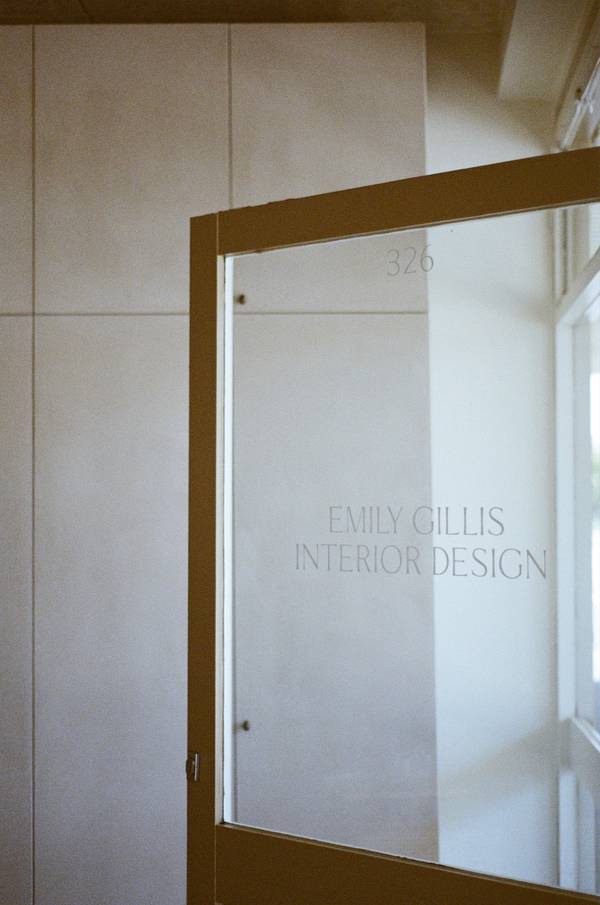
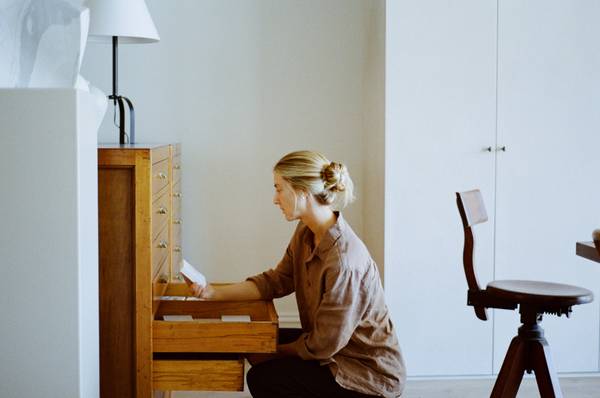
Tell us about your home and neighbourhood…
I live in a charming terrace in Carlton North, an inner-north suburb of Melbourne. I rented in this suburb for a long time before deciding to buy here and I’ve been living here for a decade now. It’s by far my favourite suburb in Melbourne as it feels like a small European village. The streets are lined with terrace houses and although it’s close to the city, there’s an abundance of greenery and parkland, not to mention all the adorable shops in Rathdowne Village. Our house is quite compact, but I like to think of it as our little oasis. My husband Ed and I spend a lot of time out and about, either working or walking Henry.
And your studio… how did you find it, and how does it reflect your ethos?
We were occupying a shared studio space with a friend just a few doors down and when I caught word of this space coming up for lease I got in touch right away. We've been here for just over a month now. I love that this new space is still in a part of the neighbourhood that we love and know so well. The street hits the perfect balance of being calm and quiet with a little foot traffic from surrounding shops. I can walk here from home which is a huge luxury, too. The studio is north-facing so it lets in an abundance of natural light, which is essential when trying to select finishes and materials.
We did a full renovation prior to moving in, adding new flooring, soft white walls, and a built-in materials library which is already a dream to work with. It’s all centred around our big wooden table where we can lay everything out and meet with our clients. We also now have a beautiful little courtyard, which we tiled in a tumbled limestone. I think this space reflects our design ethos in its elegant and inviting nature.
What are your favourite haunts around Melbourne?
Neighbourhood Wine. It has a beautiful homely atmosphere and amazing food!
E Nolan. A good friend who is an amazing tailor working from a shipping container in Hawthorn.
A day of shopping in the city, followed by a drink and a bite to eat at Embla.
A hearty, boozy lunch at my local, The Brandon. It feels like a country town pub.
Heide Museum of Modern Art. The mix of art and fresh air makes it a must visit, often.
What is your advice to someone in a creative industry who wants to make a career move?
Gain industry experience wherever possible, even if it’s not necessarily in the field you hope to end up in. Getting a wide range of experience across a number of design disciplines is invaluable. Today, I think it’s the designers that have an in-depth understanding of how to work across a number of fields and can approach design outcomes with a wide skillset that become invaluable to both their employers and clients.
